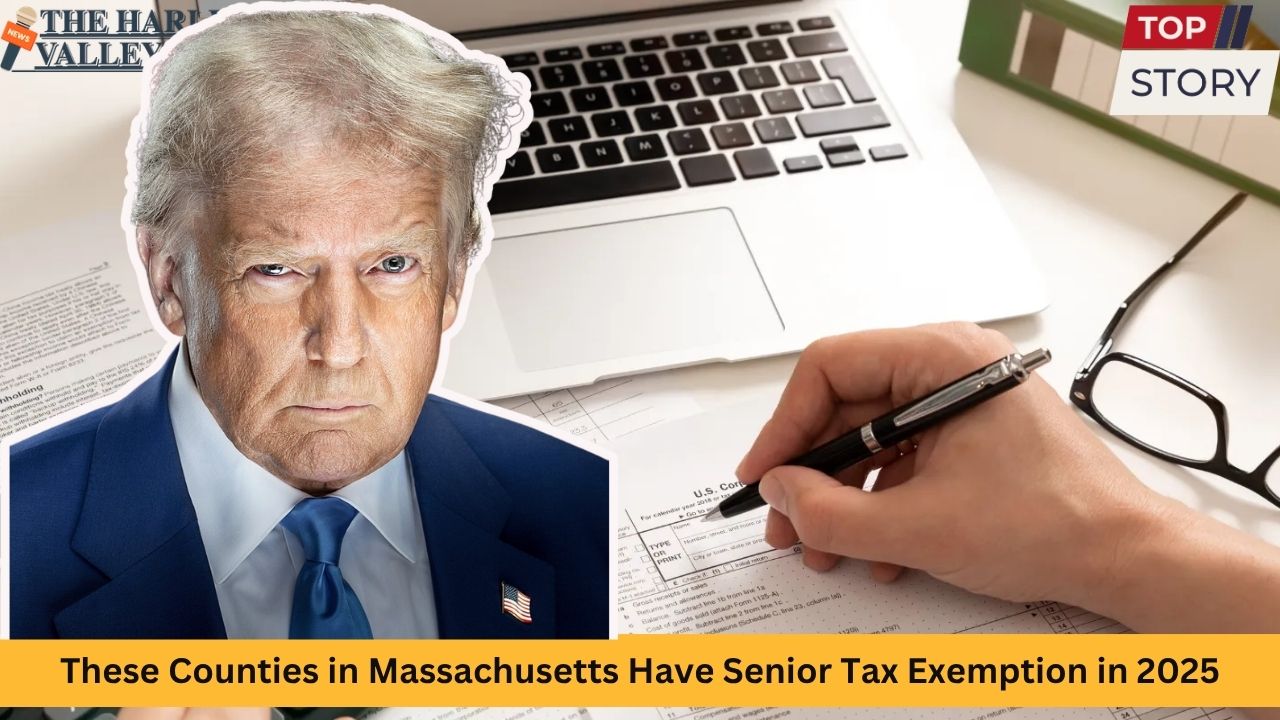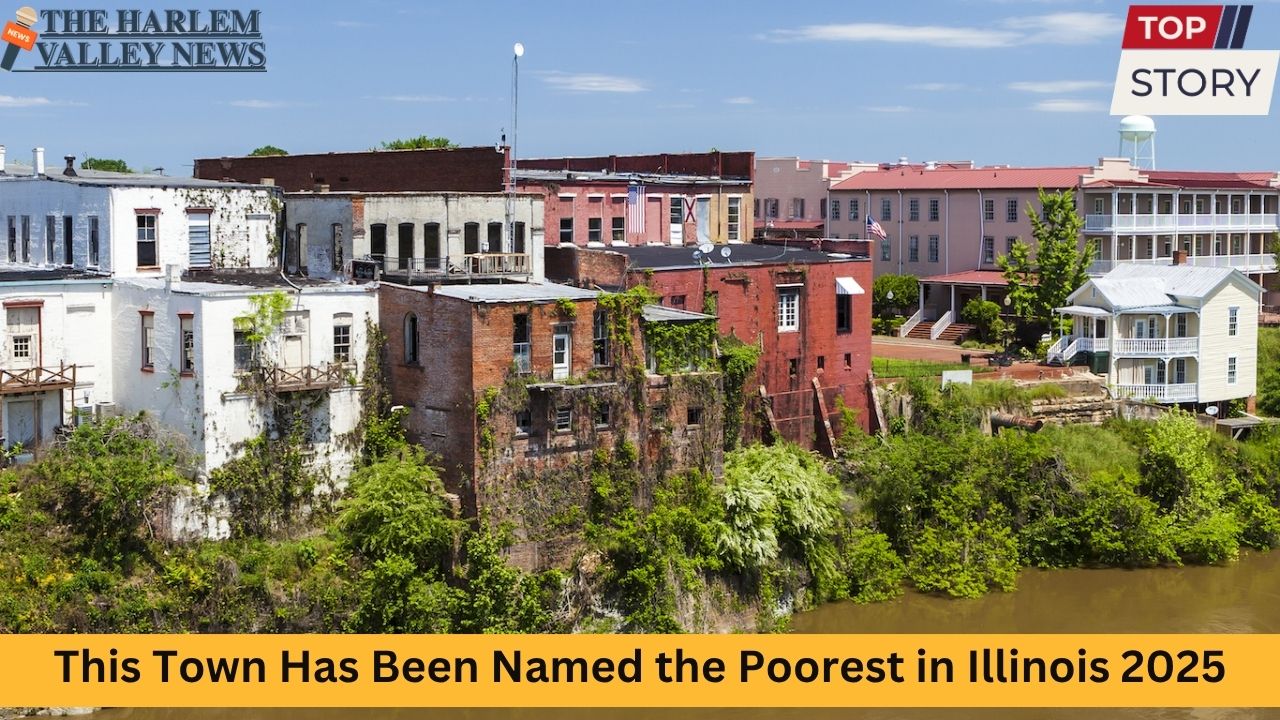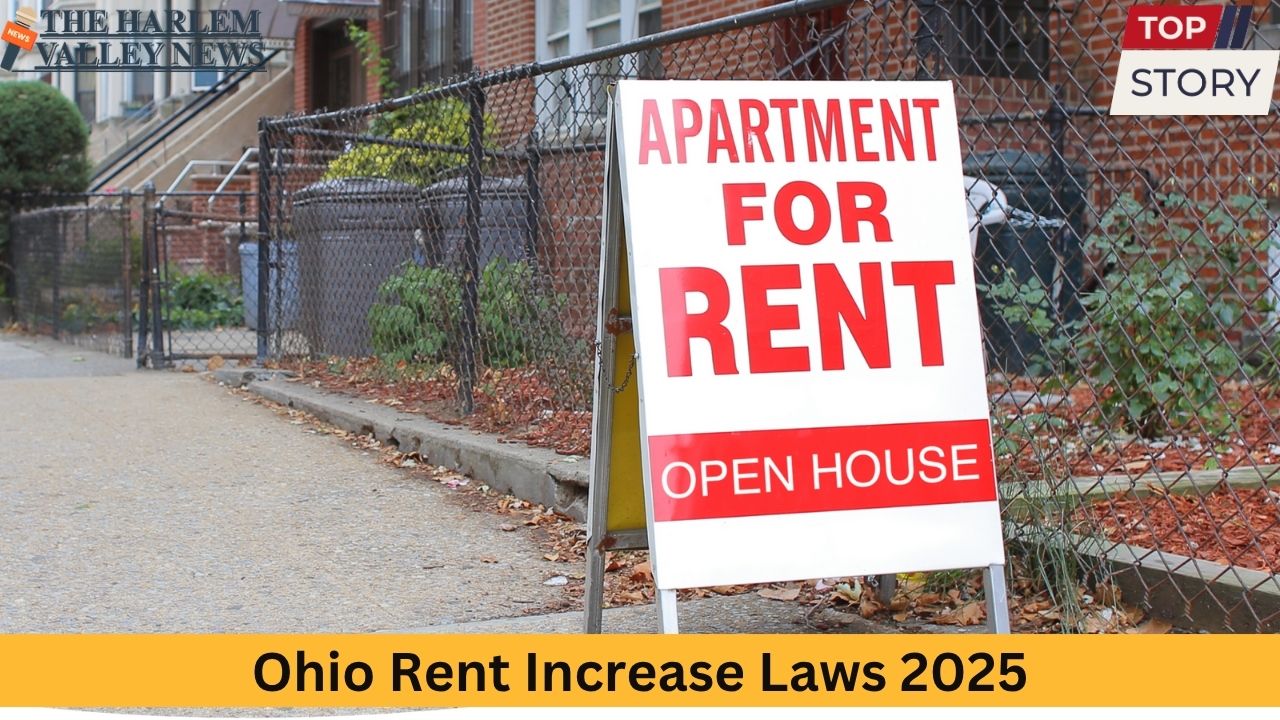Massachusetts has long recognized the financial challenges faced by its growing senior population, particularly regarding rising property taxes. In 2025, numerous counties and municipalities within the Commonwealth are offering robust senior tax exemption programs to help residents age 65 and older remain in their homes, easing the strain of property taxes and living costs.
This comprehensive guide details which counties and specific cities or towns offer senior property tax exemptions, eligibility criteria, exemption benefits, and additional facts aimed at helping Massachusetts seniors maximize their savings.
Introduction to Senior Tax Exemptions in Massachusetts
With over 1.2 million residents age 65 and older, Massachusetts is home to a vibrant and diverse senior community. Housing costs, particularly property taxes, can pose significant burdens for seniors on fixed incomes. To combat this, the state and its municipalities provide a variety of tax relief programs targeted at older adults.
How Senior Tax Exemptions Work
Senior tax exemptions reduce the property tax burden for qualifying elderly residents by exempting a portion of assessed property value, providing tax credits, or deferring taxes until a future date. These programs often vary from town to town, but are grounded in several state statutes, namely Chapter 59, Section 5, Clauses 41A, 41C, and the “circuit breaker” refundable tax credit.
Statewide Eligibility Criteria
While each county and city may offer variations, common eligibility requirements include:
-
Age: Must be 65 years or older by July 1 of the fiscal tax year (some programs set a higher threshold).
-
Residency: Typically must have lived in Massachusetts (and sometimes the specific city/town) for a minimum of 5-10 years.
-
Ownership: Must own and occupy the property as a principal residence for a specified duration (often 5 consecutive years).
-
Income and Assets: Income and asset limitations vary by program and household status. For example, the “circuit breaker” tax credit for 2025 uses limits such as $72,000 for single filers and $109,000 for couples, with assets capped for some exemption types.
-
Application: Applicants must apply annually, usually with supporting documents like tax returns, proof of age, and residency.
Overview of Massachusetts Counties
Massachusetts comprises 14 counties—Barnstable, Berkshire, Bristol, Dukes, Essex, Franklin, Hampden, Hampshire, Middlesex, Nantucket, Norfolk, Plymouth, Suffolk, and Worcester. Each county contains multiple municipalities, many of which administer senior tax exemption programs.
Here’s a breakdown of how select counties and their key cities or towns handle exemptions in 2025:
Key Cities and Towns with Senior Tax Exemption Programs
Boston (Suffolk County)
Boston offers the Elderly Exemption 41C to qualified homeowners 65 and older. For fiscal year 2026 (covering 2025 taxes), eligible seniors can receive $1,000 in tax relief, with the possibility of an additional $1,000 depending on circumstances. Criteria include Boston residency, homeownership, and income/asset limitations ($25,980 for singles, $38,970 for married couples). The program has served thousands, considering that nearly 93,000 Boston residents are over 65.
Worcester (Worcester County)
Worcester, the county’s largest city, participates in state-based programs and local enhancements, offering clause 41C and 17D exemptions. Eligibility requirements typically include age (65+), income (e.g., under $27,632 for singles), and residency.
Springfield (Hampden County)
Springfield seniors benefit from tax relief through exemptions, including the “circuit breaker” tax credit, with more than 14,000 residents aged 65 or older. Springfield’s program emphasizes assistance to enable aging in place.
Cambridge (Middlesex County)
Cambridge provides an Elderly (Clause 41C) Exemption with the potential for $1,000 off annual property tax bills. With over 17% of its population over 65, Cambridge’s senior tax policies play a key role in affordable aging.
Somerville (Middlesex County)
Somerville’s senior tax deferral and exemption programs are highly accessible. The 41C Elderly Exemption provides $1,000 in relief for qualifying individuals aged 65+, plus a 25% discount on water bills. The 17D Exemption provides further relief for those 70+. Income limits (for singles: $27,632 for 41C) apply.
Sudbury (Middlesex County)
Sudbury runs the Means-Tested Senior Exemption Program for residents aged 65+ who have lived in Sudbury for at least 10 years. Income must mirror the state’s “circuit breaker” range (for single filers in 2025: up to $72,000). The maximum home value allowed is $1,234,169, ensuring that relief is targeted at those in moderate homes.
Duxbury (Plymouth County)
Senior residents in Duxbury may qualify for exemptions or deferrals covering property taxes, with income eligibility tailored to older residents. For a household of one, the 2025 senior income limit is $112,630. The Community Preservation Act (CPA) surcharge may be waived for income-eligible seniors.
Dennis (Barnstable County)
Dennis has a senior exemption of $1,000 for those 65+, subject to income and asset limits. For 2025, the thresholds are $29,651 in income and $47,699 in assets for singles. For couples, those numbers increase to $50,031 and $65,586, respectively. The cost-of-living adjustment brings the exemption value for 2025 to over $210.
Hingham (Plymouth County)
Hingham’s means-tested program provides up to $2,730 for qualifying seniors. The benefit cannot bring a tax bill below half of its normal value, and applications must be filed by September 2, 2025.
Amesbury (Essex County)
Amesbury operates a Senior Citizens Property Tax Work-Off Program, allowing homeowners aged 60+ to work up to 100 hours for a $1,500 tax reduction. Income must not exceed $75,300 for singles or $102,200 for two-person households.
Belmont (Middlesex County)
Belmont delivers a $2,000 exemption for seniors 65+ with gross incomes under $20,580 (single) or $30,870 (married). There is a tax deferral option for those with incomes up to $72,000 (single) or $109,000 (couple), allowing full or partial deferral at a moderate interest rate.
Orleans (Barnstable County)
The Orleans Senior Tax Deferral lets those 65+ defer property taxes with gross receipts not exceeding $40,000. The deferral can last as long as the senior owns the home and accrues 8% simple interest, with repayment after property sale or inheritance.
Taunton (Bristol County)
Taunton is unique as the only Gateway City in Bristol County to propose lowering the age for its $1,000 exemption from 70 to 65. If approved, this would take effect for the 2027 fiscal year, but current programs still benefit older residents via the $1,000 exemption and expanded tax deferral options.
Frequently Asked Questions
Q: Do all Massachusetts counties have senior tax exemptions?
A: The structure is municipal, but all counties have municipalities (cities/towns) that offer at least one form of senior tax exemption, often with locally enhanced features.
Q: Can I receive multiple types of tax relief (exemption, deferral, credit)?
A: In many towns, you can combine a statutory exemption and a circuit breaker income tax credit. Some also allow a work-off benefit in conjunction.
Q: Is the application annual?
A: Yes, most exemptions require annual application with current financial documents.
Tips for Applying
-
Gather tax returns, proof of age, residency verification, property deeds, and benefit letters.
-
Visit your local Assessor’s Office for personal guidance—many towns have dedicated Council on Aging staff to help.
-
Apply early: deadlines are usually in spring or early summer for the next fiscal year.
-
Explore whether you qualify for state “circuit breaker” credits and local options.
-
Document all income sources, including Social Security, pensions, rental income, and investments.
The Impact of Senior Tax Exemptions
Senior tax relief programs prevent housing instability, allowing more than 200,000 Bay State seniors to retain homes they have occupied for decades. Statistically, towns with robust senior tax exemptions show higher rates of aging-in-place, lower foreclosure rates among retirees, and improved mental health outcomes.
For instance:
-
In Barnstable County, the average annual property tax savings through senior exemptions is over $1,200 per qualifying household.
-
Statewide, more than 40,000 Massachusetts seniors receive the senior circuit breaker tax credit annually.
Closing Thoughts
Property tax relief is a lifeline for Massachusetts seniors. The landscape of exemptions, credits, and deferrals is broad, with each city and town fine-tuning programs to fit its senior community.
The best advice: seniors (and their families or caregivers) should contact their city or town Assessor’s Office to review available options, understand deadlines, and tailor benefits to their unique circumstances.
With the senior population of Massachusetts projected to exceed 1.5 million by 2030, these programs will remain vital for communities across Barnstable, Suffolk, Middlesex, Worcester, Bristol, Plymouth, Hampshire, and beyond. By staying informed and proactive, tens of thousands more seniors in 2025 can enjoy tax relief and peace of mind in their homes across the Commonwealth.














Leave a Reply